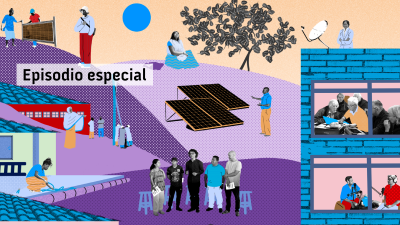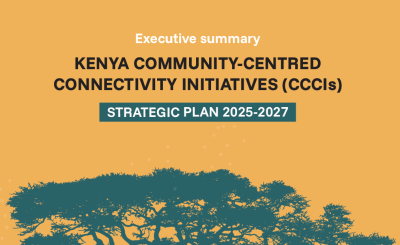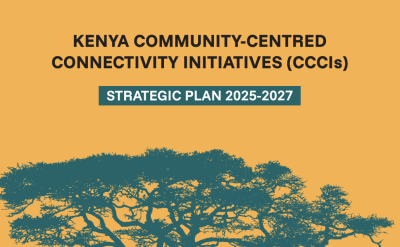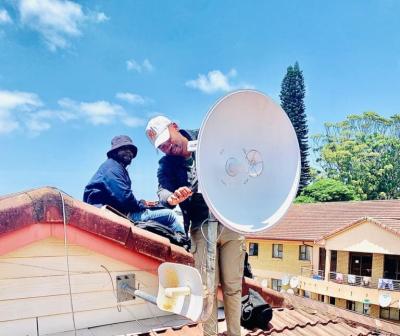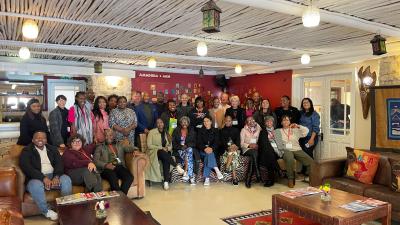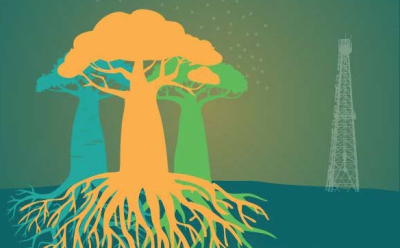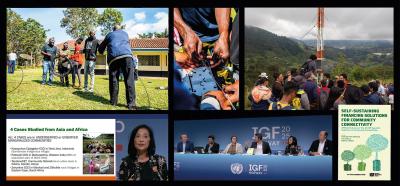The Prosperity Fund cross-HMG 'Digital Access Programme' is a DFID-led partnership with FCO and DCMS. It aims to catalyse more inclusive, affordable, safe and secure digital access for excluded and underserved communities in Kenya, Nigeria, South Africa, Brazil and Indonesia. Increased digital inclusion in the programme countries will form the basis for more thriving digital ecosystems that generate high-skilled jobs, opportunities for local digital entrepreneurship focused on country-specific development challenges, as well as potential partnerships with international and UK business aimed at mutual prosperity. The Digital Access programme will also focus on learning about sustainable models and enablers for digital inclusion. The learnings will be shared with key stakeholders and other partner countries, thereby amplifying the impact of the programme.
Work supported:
- Supporting Community-Led Approaches to Addressing the Digital Divide project (2020-2023)
- APC Mentorship Programme / Digital Access Programme (2019-2020)
- Building Communication Opportunities (BCO) Alliance (2005-2007)
- Catalysing Access to ICTs in Africa (CATIA) Component 1c (2004-2006)
- ItrainOnline (2005)
- Gender and ICT Evaluation Methodology (GEM) (2002-2004)
